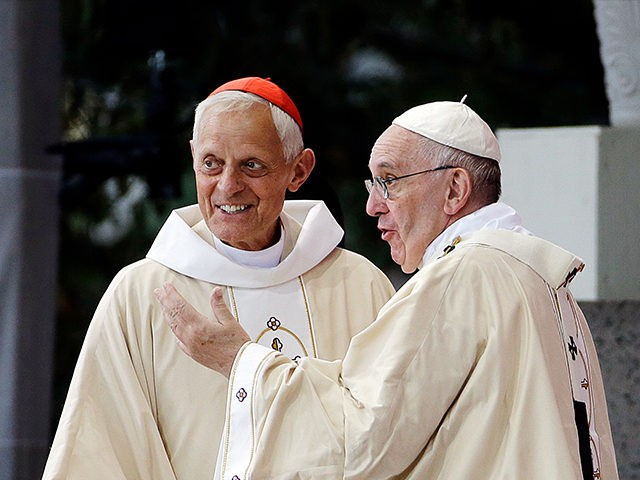Pennsylvania Bishop Lawrence T. Persico has called for “complete transparency” in investigating the latest clerical sex abuse scandals, noting late last week that regaining lost trust entails ousting bishops who failed to deal effectively with abuse.
In an interview with Eternal Word Television Network (EWTN) on August 16, Persico, the Bishop of Erie, PA, said that bishops can talk all they like about transparency and truth, “but much is going to depend upon our deeds” and how “we carry that transparency out” moving forward.
“That’s going to be key to all of this and we have to show that we mean what we’re saying,” he said.
During the interview, EWTN reporter Jason Calvi asked Persico whether bishops who knew about or covered up abuse ought to resign.
“I think they should,” the bishop answered. “I think we need complete transparency if we’re going to get the trust of the people back. We have to be able to demonstrate it.”
The Erie diocese was one of the six Pennsylvania dioceses investigated in the grand jury report alleging over 1000 credible cases of clerical sex abuse over a period of some 70 years.
Nearly all of the cases in the report were too old for charges to be filed and a good number of the 301 priests, deacons, and lay people named are either dead or no longer in ministry. But Catholic laity have been demanding accountability for those involved in covering up the abuse. As Breitbart News reported, the Pennsylvania grand jury report faulted Cardinal Donald Wuerl, a former longtime bishop of Pittsburgh who now leads the Washington archdiocese, for what it said was his role in the concealment of clergy sexual abuse.
“We need this transparency and we also need action, so that if there were other bishops or leaders that were negligent, then they need to be removed because the more we cover up, the less credibility we have,” Bishop Persico said.
The bishop noted that there has been significantly less abuse since 2002, when the first sex abuse crisis struck and the bishops implemented a series of measures meant to safeguard the young, but added that “we still have to be on guard.”
On Monday, Pope Francis issued a letter to “the people of God” recognizing the recent sex abuse scandals and promising further efforts “to create a culture able to prevent such situations from happening” and “to prevent the possibility of their being covered up and perpetuated.”
Nonetheless, the pope nowhere even mentions the name “bishop” in the entire 2,000-word letter and fails to propose that those responsible for the present situation should be held to any accountability.
He also chose not to address the root causes of the abuse and the homosexual nature of the vast majority of the cases.
This past week, a number of prelates, priests, and laypeople have insisted on the need for straightforward and direct recognition of the extensive “homosexual subculture” that currently exists among bishops and clergy and that lies at the root of the abuse crisis.
In his letter, Pope Francis sidesteps the question of homosexuality in the clergy, preferring to speak generically about solidarity and the general need for prayer and penance in the Church.
Follow Thomas D. Williams on Twitter Follow @tdwilliamsrome

COMMENTS
Please let us know if you're having issues with commenting.